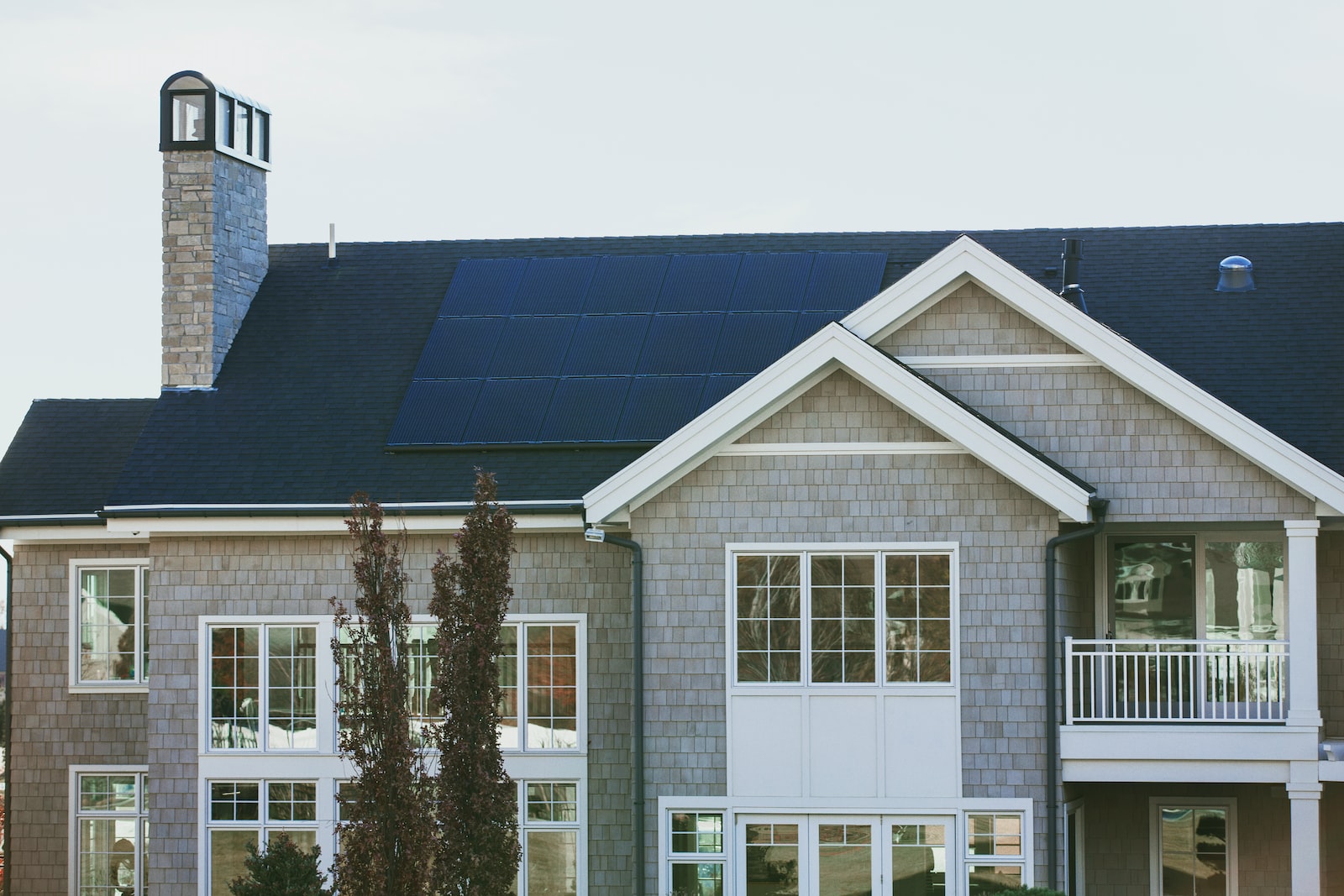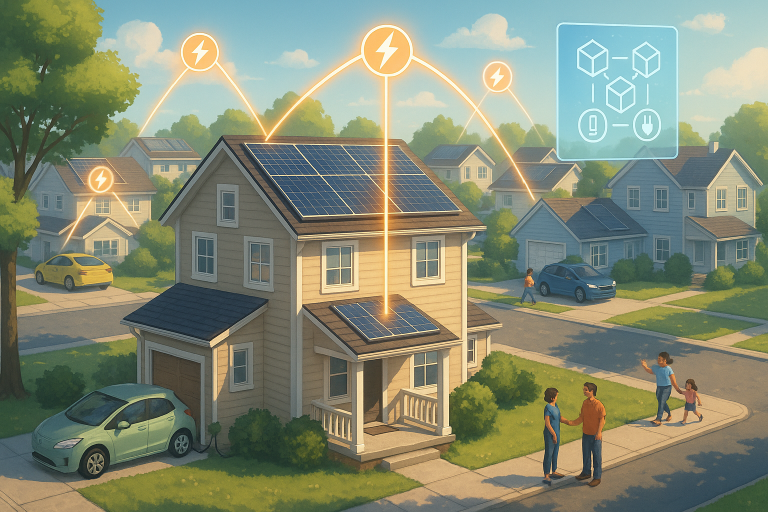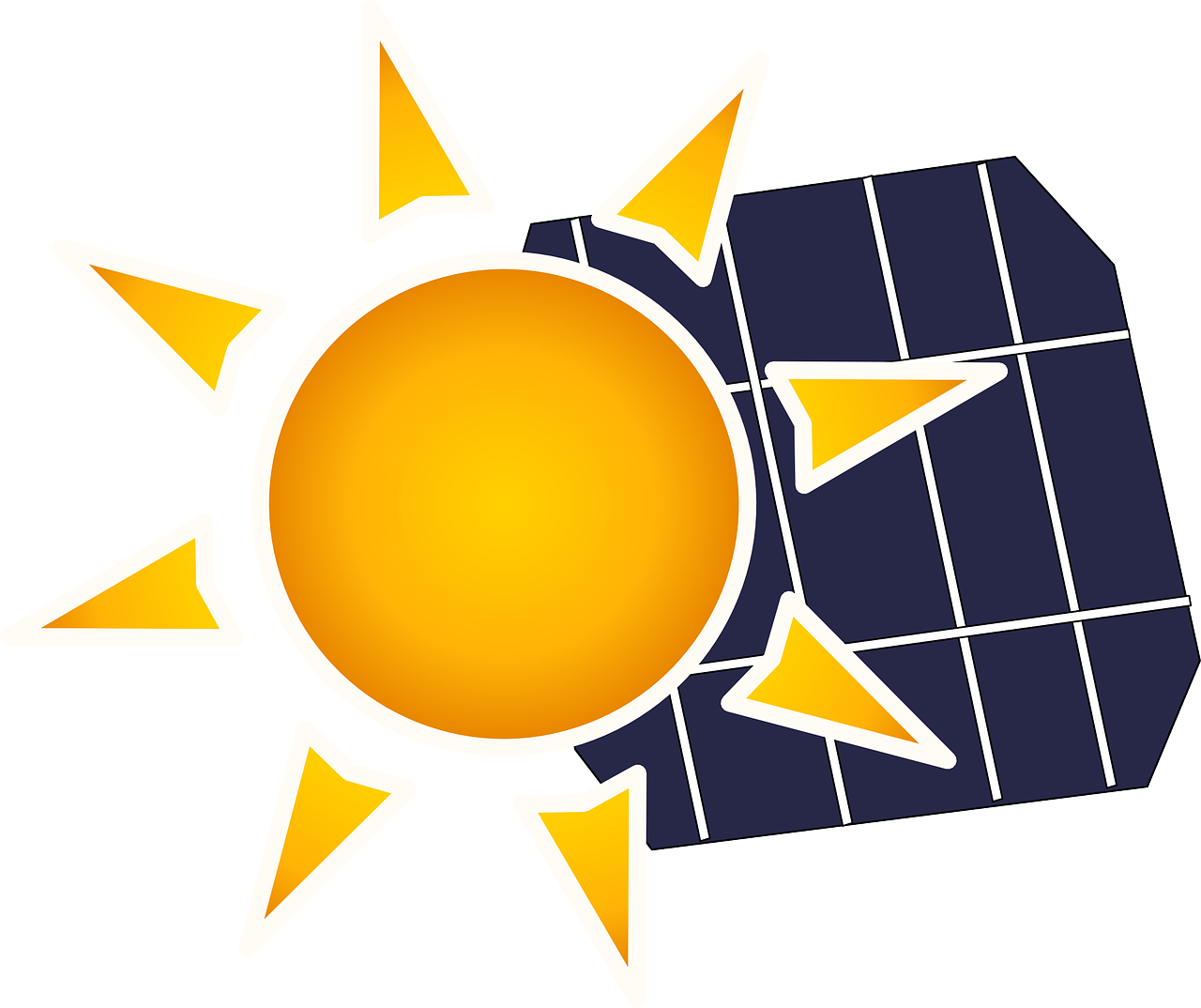Can Solar Panels Power A Whole House?
You may wonder if solar panels can power your entire house. The short answer is yes, it is possible for solar panels to provide all the electricity your home needs. However, there are a few factors to consider before making the switch to solar power.
In this article, I’ll go over everything you need to know about using solar panels to power your home, including the benefits and drawbacks, the size of the solar panel system you’ll need, and examples of homes that have successfully gone solar.
The Benefits of Using Solar Panels to Power Your Home
There are many benefits to using solar panels to power your home. One of the main benefits is that it can save you money on your electricity bills. Solar power is a clean and renewable energy source, so you won’t have to worry about running out of fuel or producing harmful emissions.
Another benefit of using solar panels to power your home is that they can increase the value of your property. Homes with solar panel systems are often more desirable to buyers, as they offer a cost-effective and environmentally-friendly way to produce electricity.
In addition, as the technology of solar panels and batteries improves day by day, it’s becoming more and more convenient to store the electricity generated by solar panels for use during non-sunlight hours. This eliminates the need to rely on the traditional power grid and reduces dependence on fossil fuels.
The Drawbacks of Using Solar Panels to Power Your Home
While there are many benefits to using solar panels to power your home, there are also some drawbacks to consider. One of the main drawbacks is the cost of the solar panel system. The cost of solar panel systems can vary depending on the size of your home and the amount of electricity you need, but it can be quite expensive to install a system that is large enough to power your entire home.
Another drawback is that solar panels can be affected by weather conditions. On cloudy days or during the winter months, your solar panel system may not produce as much electricity as it does on sunny days. This means that you may need to rely on the traditional power grid to meet your electricity needs during these times.
It’s also worth noting that solar panel systems require regular cleaning and maintenance to keep them in optimal working condition.
How Big of a Solar Panel System Do You Need?
The size of the solar panel system you’ll need to power your entire home will depend on a number of factors, including the size of your home, the amount of electricity you use, and the amount of sunlight your area receives.
A general rule of thumb is that you’ll need about 1 kilowatt of solar power for every 100 square feet of roof space. So, for a 2,000-square-foot home, you’ll need a 20-kilowatt solar panel system.
It’s important to note that this is just a rough estimate, and you’ll need to have a professional evaluate your home to determine the exact size of the solar panel system you’ll need.
There are many homes around the world that have successfully gone solar. One example is a family in Australia that installed a 6.6-kilowatt solar panel system on their home. This system is able to produce enough electricity to power their entire home, and they even have enough left over to charge their electric car. Another example is a family in California who installed a 20-kilowatt solar panel system on their home. This system is able to produce enough electricity to power their entire home, and they even have enough left over to sell back to the power company.
Conclusion
As you can see, it is possible for solar panels to power a whole house. However, it’s important to consider the cost, maintenance, and weather dependency before making the switch. It’s also important to have a professional evaluate your home to determine the exact size of the solar panel system you’ll need. But with the right size and setup, solar panels can provide all the electricity your home needs, and even have a surplus to sell back to the power company.
It’s not only cost-effective but also environmentally friendly, making it a win-win situation for homeowners. As technology continues to improve, the use of solar panels to power homes will become increasingly viable, making it a smart choice for those looking to reduce their dependence on fossil fuels and save on electricity costs.



